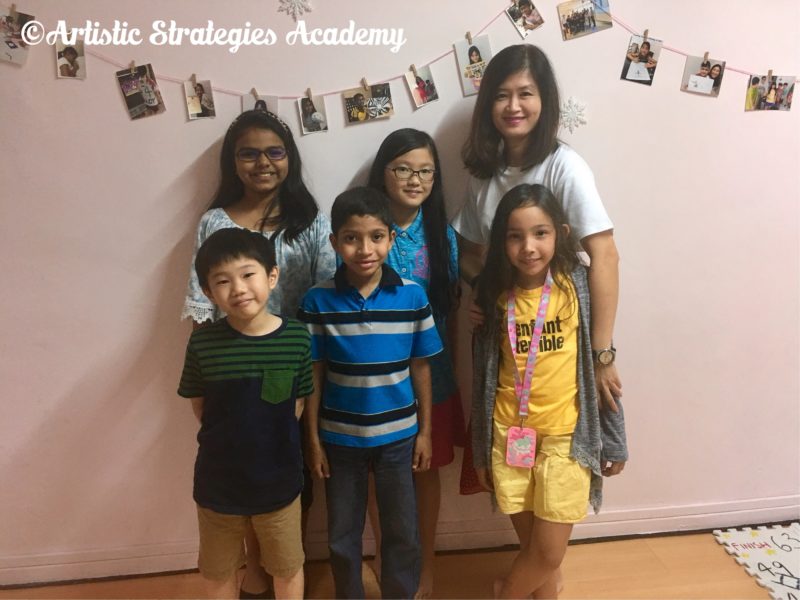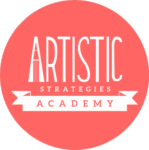We are honoured to host her on our blog and in this post, she shares her insights on reading, ultimately leading to stronger pieces of writing.

About Reading: What Should You Read and How to Apply What You Read to Make Your Writing Stronger
Thank you to Artistic Strategies for hosting me for the next few blog posts on young students interested in creative writing. Rather than offer blanket prescriptive sayings, which no doubt you’ve heard many times, I thought a more tailored response might be more pertinent for you as young writers. Think of this then as ‘little missives to very young writers’, much as bestselling writer Colum McCann has done for beginning writers.
One of the things you must have been told repeatedly is that good writing comes from reading a lot. You must read, is certainly one of the things my son, who is 12, keeps hearing all the time from his teachers, ad infinitum. Read widely, is another dictum. Samuel Johnson, a distinguished English man of letters from the 18thcentury, would certainly agree.
He said, “The greatest part of a writer’s time is spent in reading, in order to write; a man will turn over half a library to make one book.” More than in any other field, there is a direct correlation between reading and good writing, because good writing is formed out of a habit of writing and reading cultivated over time. It means developing an ear for language because just as artists work with paint, writers work with words. But how you read and what you read also matter.
As young readers, there are any number of lists of prescribed or suggested literature, literature deemed age-appropriate and suitable for your age bracket. Certainly, it is good to follow these, but what sometimes ends up happening is that we all read the same famous books, e.g. the Harry Potter series, Diary of a Wimpy Kid, books by David Walliams. They are all very good to read, but perhaps others just as amazing get sidelined. Have you read Anne Holm’s The Sky is Red, or Lois Lowry’s The Giver or Number The Stars (which my son objected to reading because it was ‘from a long time ago’ but loved it when he did read it), or closer to home, the Munshi Abdullah Sang Kanchil stories?
This brings me to another thing I’d like to remind our young readers about.
Reading widely and prodigiously is an enviable goal, but often, what you find – given the influential displays in the Children and Young Adults sections in bookstores, is that this is really geared towards a predominantly Western fiction diet.
To me, this represents a skewing of what you’ll end up writing about, as well as a missed opportunity to explore the Asian literary scene, especially one’s own. Read A.J. Low’s Sherlock Sam series (for much younger readers), read J.Y. Yang, Warran Kalasegeran, Teo Xue Shen, Ning Cai and Judith Huang. If versatile in another language, read in a different language. Pay attention to how sentence structures are built when using another language. In other words, reading is about building an innate meter for rhythm and pace. The more you read, the more you learn by absorbing things that are difficult to teach, everything from that inner pacing to inner voice, to the more technically sophisticated deployment of setting in revealing the psyche of your character. William Faulkner said, “Read, read, read. You’ll absorb it. Then write.” If you can imagine yourself as water, and a book (its content, its style, its characters, its setting, its elements of fiction) as a concentrated higher solute, then osmosis surely happens when you read.
A third thing I will say is about how to read. As a young writer, reading should be an active workout for your mind. Like yoga, like running around the track. When you read, do you take notes? Do you write down in an electronic notepad the things that struck you – maybe a scene, a detail, a clever way of organising the passing of time, cliffhanger chapter shift, a smart or poetic turn of phrase? If you don’t, you must. Always have a notebook on you. When I first began reading as a writer, which is different from reading as a reader, I did this for years and years, jotting down in lots of notebooks, studying other people’s writing. Which is why my books can never be given away — they are too full of notes in the margins and heavy underlining! I don’t read a book, I consume it!
As a bonus, here is a video recording of Elaine’s 11-year-old son, Zac, demonstrating how he takes notes in the book that he is reading.
